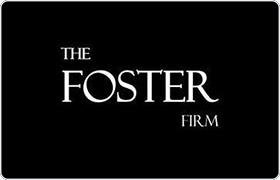Shalimar White Collar Crime Lawyer, Florida, page 3
Sponsored Law Firm
-
 x
x

Click For More Info:
-
The Foster Firm
42 Business Centre Drive Suite 301 Miramar Beach, FL 32550» view mapCriminal Defense Law We Will Protect Your Rights!
Our law firm has been operating for more than 15 years and our team has numerous years of experience between them, to ensure you get the best legal advice possible.
800-940-3710
Not enough matches for Shalimar White Collar Crime lawyer.
Below are all Shalimar Criminal lawyers.
Scott Clines
Criminal, Government
Status: In Good Standing *Status is reviewed annually. For latest information visit here Licensed: 14 Years
Michelle Gentry Sandler
Criminal, Business, Government
Status: In Good Standing *Status is reviewed annually. For latest information visit here Licensed: 11 Years
Joe Ladon Dewrell
Timeshare, Criminal
Status: In Good Standing *Status is reviewed annually. For latest information visit here Licensed: 60 Years
 James J. Foster Miramar Beach, FL
James J. Foster Miramar Beach, FL Practice AreasExpertise
Practice AreasExpertise